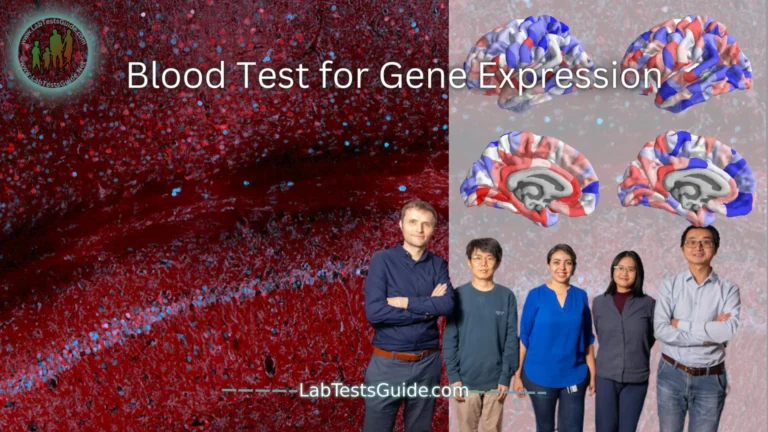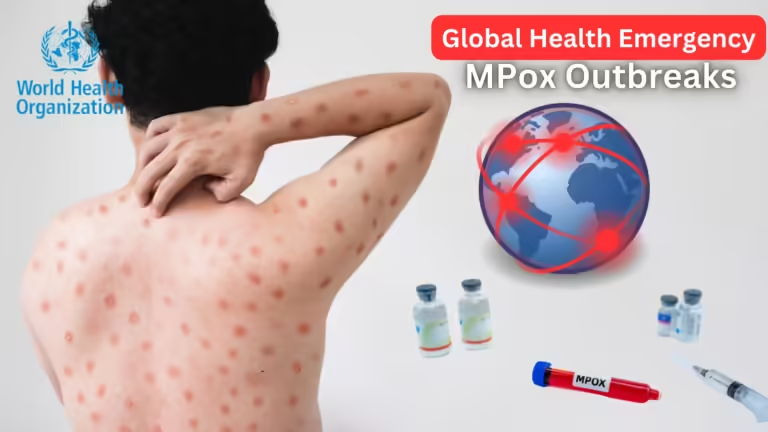BALTIMORE, Md. (Ivanhoe Newswire) – Milk, eggs, and peanuts are the top three culprits when it comes to food allergies. According to researchers, up to eight percent of children and 10 percent of adults have at least one food allergy, and among them, 86 percent are allergic to more than one food. If you or your child suffers from a food allergy, you know how terrifying and exhausting it can be to constantly monitor the ingredients in the food you eat. While EpiPens have been a lifesaver for many, a new treatment may now help prevent allergic reactions from occurring in the first place.

Fourteen-year-old Ellie Rubinfeld has learned to be vigilant about what she eats due to her multiple food allergies.
“I can’t have eggs, peanuts, tree nuts, and sesame,” Ellie shares.
Ellie had her first allergic reaction as an infant. Her mother, Andrea Rubinfeld, recalls, “She had her first taste of formula and broke out in a full baby body rash.” Since then, Ellie has grown up being cautious about what she eats.
“You’re warned all the time, you know, ‘Don’t eat this, don’t eat that.’ It’s always, ‘It’s for your own good, it’s for your safety,’” Ellie explains.
Ellie was one of the first participants in a new clinical trial exploring a different approach to managing food allergies. The study was led by Dr. Robert Wood, Director of the Eudowood Division of Allergy, Immunology, and Rheumatology at Johns Hopkins Children’s Center. The trial focused on omalizumab, an FDA-approved drug for asthma and other allergies, and discovered that it could also help reduce reactions in people with multiple food allergies.
“This, thankfully, is non-specific. It blocks all foods equally,” Dr. Wood explains.
The trial involved bi-weekly or monthly injections of omalizumab, and the results were promising. Nearly 70 percent of participants were able to tolerate the equivalent of two and a half peanuts, and many could tolerate up to 15 peanuts. While this might not sound like much, it is a significant improvement for those who could have a severe reaction from even a tiny amount of allergen. For Ellie, the study was life-changing.
“She came out of that study with a changed life. She was able to tolerate the foods that she went into the study allergic to,” Dr. Wood reports proudly.
Looking to the future, Ellie dreams of being able to eat whatever she wants without fear. “I’d want to eat an omelet. I have a lot of friends who like omelets, and I’d like to try one,” Ellie says.
The study also found that omalizumab helped block reactions not only to peanuts but also to other common allergens such as milk, eggs, wheat, cashews, walnuts, and hazelnuts. One of the unique aspects of omalizumab is its safety profile, as it is safe for children as young as one year old. Currently, there is only one other FDA-approved treatment for food allergies, which is an oral immunotherapy specifically for peanut allergies in children aged four to 17.
With this new potential treatment, there is hope for those suffering from multiple food allergies to enjoy a wider variety of foods without fear.
Possible References Used







